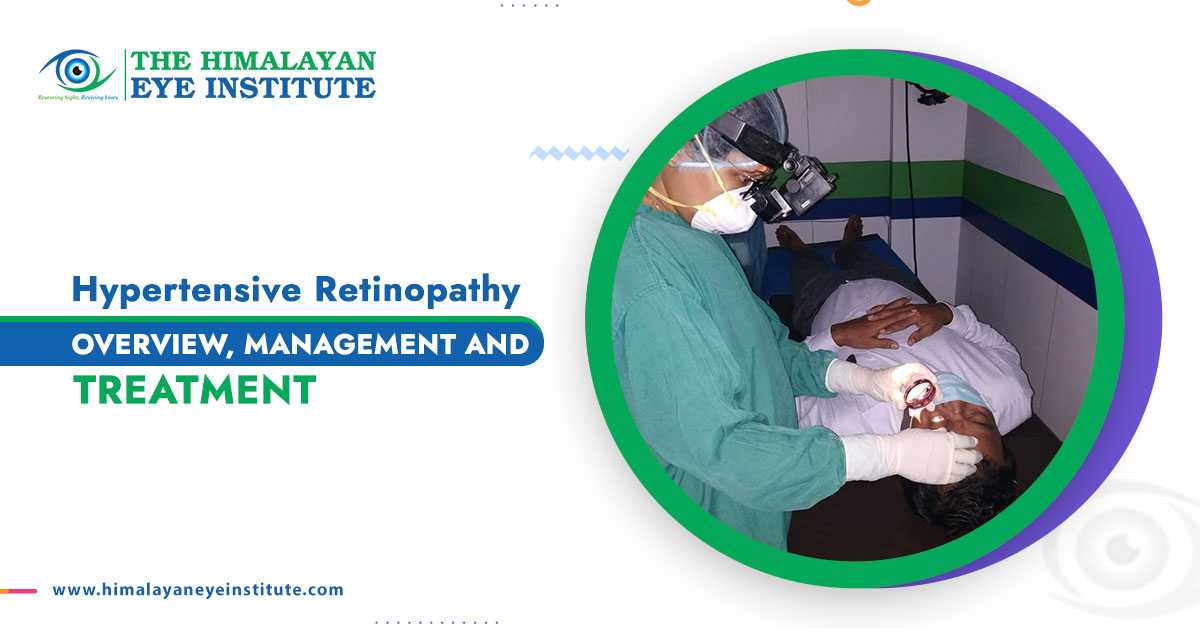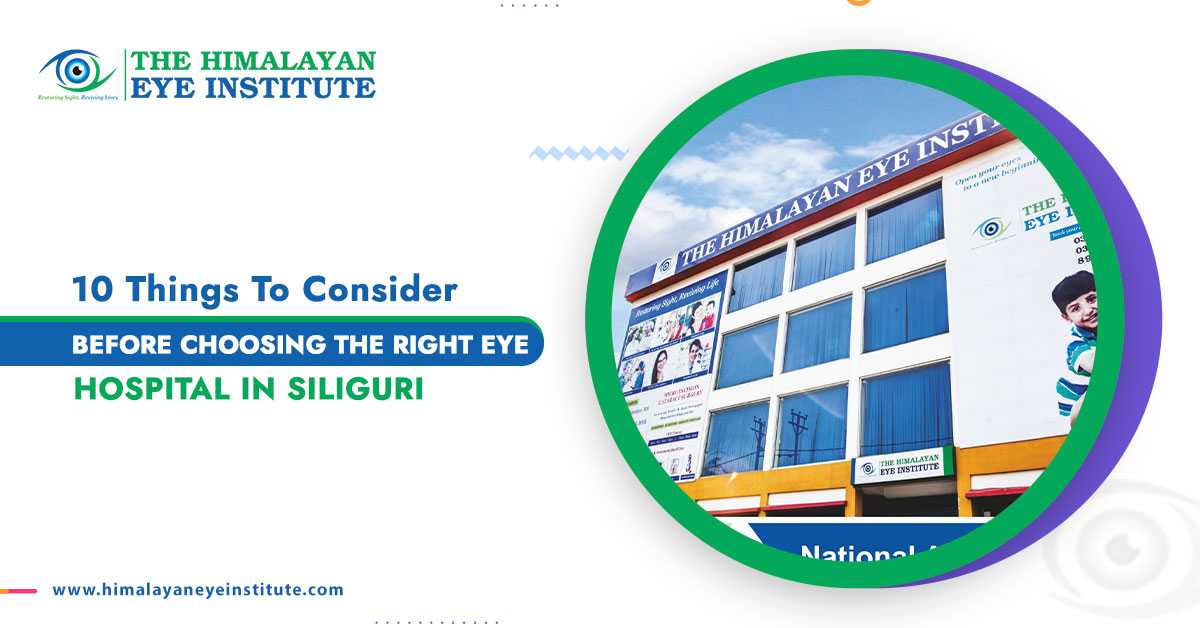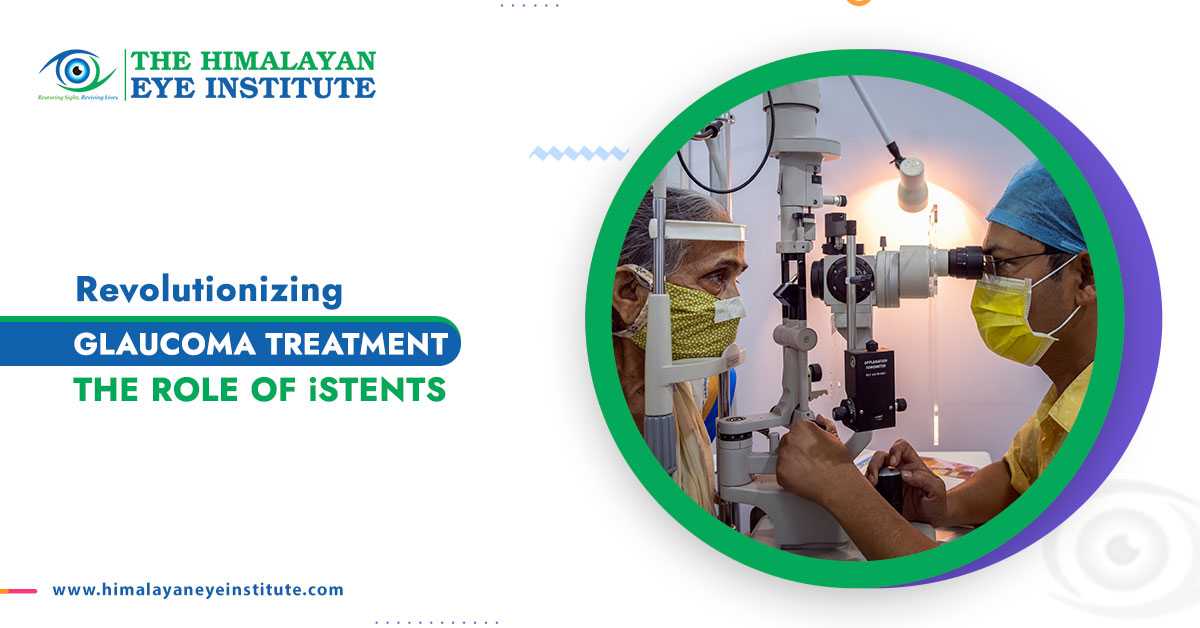When the blood vessels in the retina are damaged by long-term high blood pressure, hypertensive retinopathy results. This eye conditioncauses eye swelling, poor vision, and double vision.
Usually, it doesn't show any signs until it's advanced, at which point you can start to experience poor vision or even vision loss. Among treatment choices, lifestyle modifications, and medications are effective choices. Consult your eye expert at the most reliable retina hospital in Siliguri City.
Overview of Hypertensive Retinopathy
By definition, hypertensive retinopathy is an eye condition associated with high blood pressure. The blood vessel walls of the retina may thicken if your blood pressure is too high, causing blood vessels tobecome narrow as a result. Now, affected blood vessels may prevent blood from getting to the retina, leading to swelling.
Eye specialists use "stages" or "grades" to indicate how severe a certain condition is. To determine the severity of hypertensive retinopathy, your eye doctor typically uses a four-grade system, including:
- Mild
- Moderate.
- Malignant (most serious).
Based on what they can see when they examine your eyes, your provider will tell you the stage of your problem and plan your personalized treatment. Talk to the best retina specialist in Siliguri for HR management and care.
Hypertensive Retinopathy Symptoms
Early on, hypertensive retinopathy patients might not show any symptoms (in most cases). But when this eye illness worsens over time, you may notice:
- Reduced or blurred eyesight
- Eye swelling
- A headache with double vision
- Pain or discomfort in the eyes
You need an immediate visit to an eye doctor if these symptoms are noticeable. Plus, if you have long-term or chronic high blood pressure, routine eye checkups are important. Excessiveforce of blood against your arteries causes high blood pressure, increasing the risk of hypertensive retinopathy.
- Possible reasons for hypertensive retinopathy include:
- A long period of persistently elevated blood pressure.
- Insufficient exercise and being overweight.
- A hectic lifestyle and excessive salt consumption.
- High cholesterol.
- Smoking.
- Obesity.
- Low albumin in your pee.
- High blood sugar.
Hypertensive retinopathy, if left untreated, can causevision that steadily deteriorates and may eventually cause blindness. Also, it increases the risk of macular edema, or swelling in the retina, insufficient blood supply to your optic nerve and retina, and retinal detachment.
Treatment and Management of HR
Lowering blood pressure is key to managing HR, which usually involves medication and lifestyle modifications. A treatment plan will be customized for you by your retina specialist.
Lifestyle changes include maintaining a healthy weight,eating a heart-healthy diet, and paying special attention to reducing salt consumption. Other vital lifestyle modifications are engaging in regular exercise, avoidingalcoholic drinks, and managing stress. Visit your eye specialist at the top retina hospital in Siliguri at the Himalayan Eye Institute for expert care.
Medications
Blood pressure drugs, including beta-blockers and diuretics, may be prescribed by your doctor to control High BP. By managing your blood pressure, you can manage hypertensive retinopathy optimally.
Make sure to take expert advice before stopping any medications prescribed. Grade 4 HR is malignant hypertensive retinopathy. This is an uncommon retinal disorder that causes blood pressure to spike sharply, affecting eyesight and leading to blindness.
According to research, with medical care, some hypertensive retinopathy symptoms eventually disappear, but it depends on how severe the retinal damage is. Consider routine eye checkups if you’ve been diagnosed with high blood pressure or have chronic hypertension. Meet your eye expert for optimal recovery and management.







